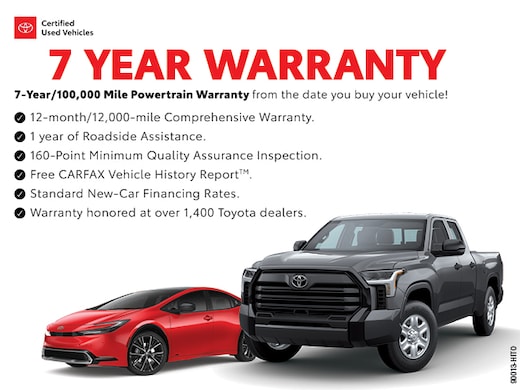Couple of companies in the vehicle globe personify the equilibrium between tradition and advancement fairly like Toyota. Over the years, Toyota has actually transformed from a little Japanese car manufacturer into a worldwide leader, continually redefining what it means to build cars that are not only reputable however additionally forward-thinking. By welcoming its rich heritage while looking in advance to the future, Toyota has actually shown that practice and development are not revers-- they're corresponding pressures driving progression.
A Legacy of Quality. Toyota's tale began in 1937, when Kiichiro Toyoda laid out to develop a motor business that can offer the demands of a swiftly improving Japan. Starting with the Model AA, Toyota prioritized quality and affordability from the very start. These values came to be the structure of the company's identity, strengthening its online reputation as a brand name individuals can rely on.
This commitment to quality acquired momentum in the 1950s with the development of the Toyota Production System (TPS) Recognized for its effectiveness and accuracy, TPS reinvented making processes worldwide. Principles like "just-in-time" manufacturing and "jidoka" (automation with human oversight) set new market standards and made Toyota lorries associated with integrity and longevity.

Adjusting to Modification. While Toyota has actually always valued its origins, it has never avoided modification. The launch of the Corolla in 1966 marked a critical moment, as the design promptly came to be an international record-breaker, renowned for its practicality and stability. Today, the Corolla remains among the most popular cars ever before generated, embodying Toyota's ability to adjust to progressing consumer requirements without shedding sight of its core worths.
In the late 1990s, Toyota redefined itself as soon as again with the launch of the Prius, the globe's initial mass-produced hybrid lorry. Each time when ecological concerns were expanding, the Prius supplied a service that combined effectiveness with development. This bold step sealed Toyota's duty as a pioneer in sustainable wheelchair, leading the way for the industry's change toward greener innovations.
Connecting Custom and Tomorrow. Toyota's method to advancement does not imply abandoning practice; it means structure upon it. The business's deep regard for its manufacturing heritage proceeds to shape its future-forward campaigns. For example, while Toyota embraces innovative technology like electric and hydrogen-powered automobiles, it does so with the same careful attention to quality that has defined its tradition.

The Toyota Mirai, a hydrogen gas cell lorry, represents this best equilibrium in between custom and progression. It showcases Toyota's commitment to sustainability while maintaining the reliability that clients have come to anticipate. Toyota's advances in self-governing driving technology mirror its vision for tomorrow's roads, all without jeopardizing safety or dependability.
Redefining Heritage. Toyota's heritage isn't practically the lorries it develops-- it has to do with the trust it gains. By staying true to its values while progressing with the moments, Toyota has actually set a precedent for how companies can flourish in an ever-changing world. Its dedication to quality, development, and sustainability ensures that the brand name's impact will certainly resonate much beyond the existing.
As Toyota continues to redefine what it indicates to be a leader in the vehicle sector, it verifies that custom and innovation aren't mutually exclusive. Rather, they are the foundation of a tradition that connects the previous and the future-- driving onward with objective, integrity, and a vision for a far better tomorrow.
Navigation
Latest Posts
Best Nissan Deals in Winston-Salem at Modern Nissan
Why Some Cars And Trucks Lose Worth Faster Than Others
Find Your Perfect Cadillac Today at Modern Cadillac of Burlington